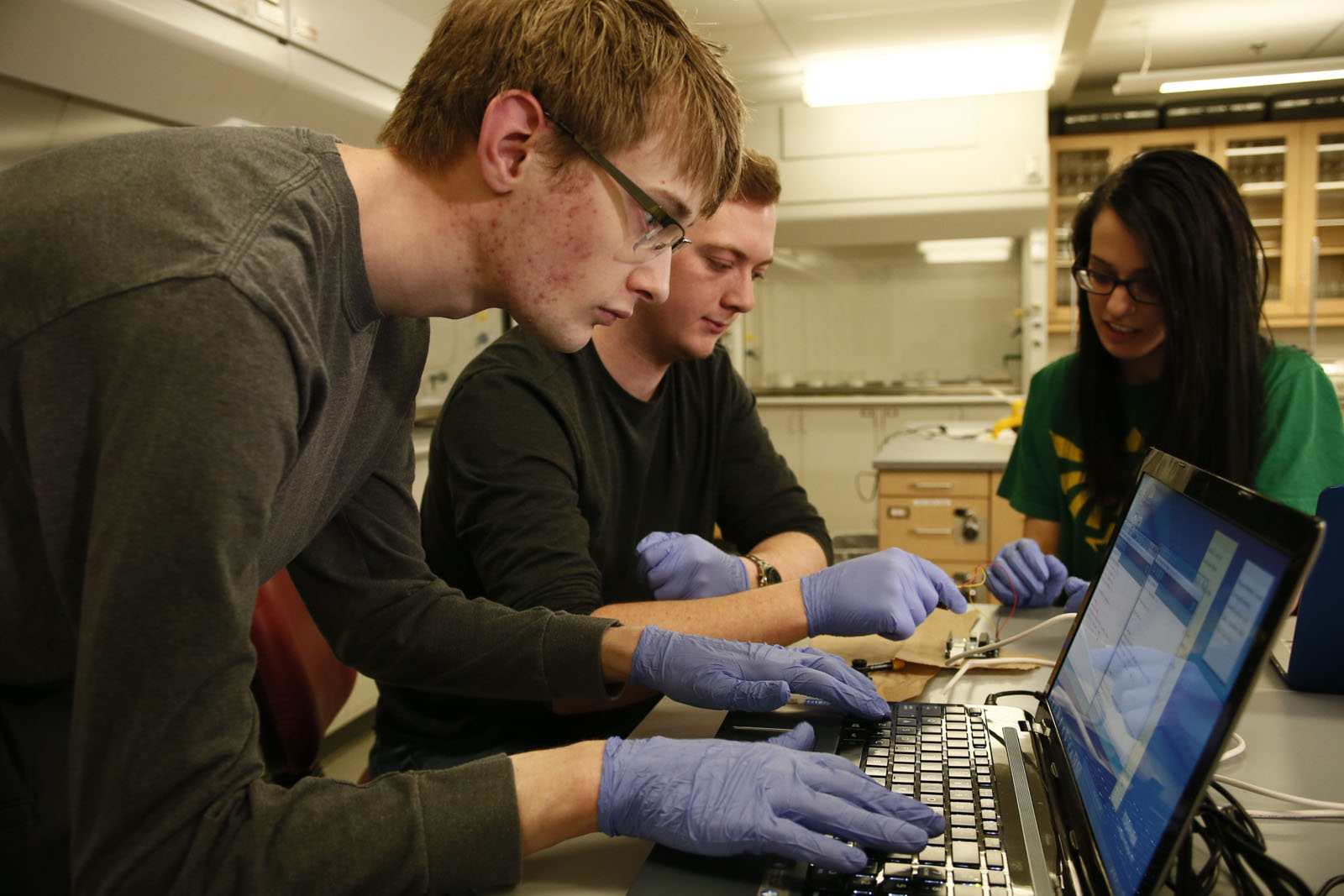Degree Type: Associate of Applied Science Degree, AAS, Certificate, CER
Pathway: Technical and Professional Studies
PPSC's Machining Technology program will provide you with entry level machining and technology skills, as well as advanced skills for those seeking upgrade training to advance their careers. Machinists are in a highly paid and extremely sought after field right now in both Colorado and nationwide. Jobs include CNC Programmer, Machine Operator, Mill and Lathe Technician and Manufacturing Production Technician.

There are two AAS degree emphasis in the Machining Technology program, Machining Technology Emphasis and Advanced Manufacturing Emphasis. These two-year programs are designed to provide individuals with entry level machining and technology skills, as well as addressing the needs of those seeking upgrade training for the purpose of continuing employment, employment upgrades, and/or promotions.
This Advanced Machining Technology certificate provides students with entry level machining skills. Students work on lab exercises covering robotic machinery, as well as a variety of three-dimensional lab exercises on robotic machinery.
This Advanced Manufacturing Machining certificate provides students with entry level machining and technology skills. Students learn to use AutoCAD and are introduced to advanced applications of 3D parametric software, with the ability to blend the virtual and real design worlds together through the use of 3D CAD Modeling, and 3D Printing.
This Basic Machining Technology certificate provides students with entry level machining and technology skills. Students learn about the hazards of a machine shop including safety procedures, use of bench tools, layout tools, power saws, and various hand tools related to the machine shop.
This Basic Manufacturing Machining certificate provides students with entry level machining and technology skills. Students learn about the hazards of a machine shop including safety procedures, use of bench tools, layout tools, power saws, and various hand tools related to the machine shop.
This CNC Machining certificate provides students with entry level machining and technology skills. Students learn how to construct, modify, and manage complex parts in 3D space as well as to produce 2D drawings from the 3D models, and create and edit CNC mill programs.
This Intermediate Manufacturing Machining certificate provides students with entry level machining and technology skills. Students perform basic lathe operations and learn about 2-axis machining, 3-axis machining wire frame and surface modeling, lathe programming, DNC systems, and advanced applications of 3D parametric software.
This Machining for Welders certificate provides students with entry level machining and technology skills. Students learn about the hazards of a machine shop including safety procedures, use of various tools related to the machine shop, and practical metallurgy.
Do you want to work with your hands and build a stable career? Learn fundamental welding techniques and explore both industrial and creative applications through hands-on training. PPSC’s Welding program offers real-world experience with local internships, helping you build crucial skills that employers need.
Explore WeldingIf you're fascinated by the mechanics behind industrial machinery, enjoy problem-solving, and are excited about a high-demand career, this program is ideal for you. You'll dive into the essential skills needed to maintain, troubleshoot, and repair complex systems in industrial settings.
Explore Industrial Mechatronics Maintenance Technology